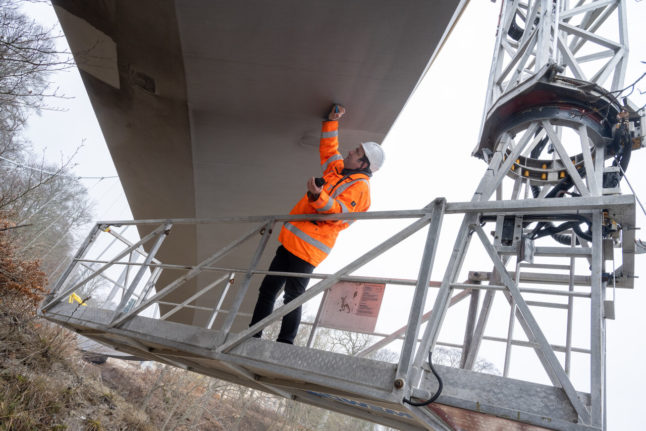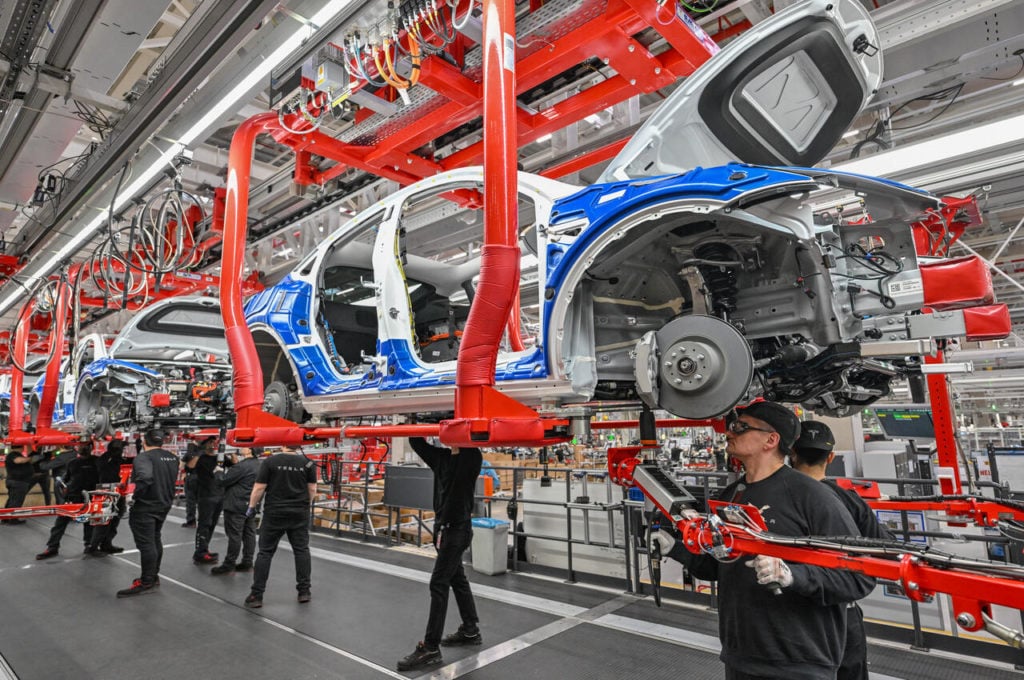Finding a job is generally not hard to do if you are young, particularly in the private service sector, where many young people already work. The big problem is that young people only get temporary and insecure jobs, which means they’re always going backwards and forwards between work and unemployment.
In the Left Party, we think that there are two major things that need to be done to reduce unemployment: first, more secure forms of employment, giving young people the chance to establish themselves in a place of work. At the moment, over half of all people under 26 have low job security. Secondly, targeted programmes for training and employment assistance to people who have difficulty getting onto the job market. These are mainly young people who did not graduate from high school and who lack work experience.
There is no evidence that lower social fees have a major effect on overall unemployment. What is already happening, however, is that our common social security system is being undermined, as less money is paid by companies for illness insurance, workplace injury insurance, pensions and so on.
The youth of today will pay a heavy price for this through higher fees for using public services and a lower-quality welfare system. The winners will be those companies which have built their businesses around having young people on insecure temporary contracts, and which change their staff regularly to keep wages down. This behaviour will now become even more profitable.



 Please whitelist us to continue reading.
Please whitelist us to continue reading.